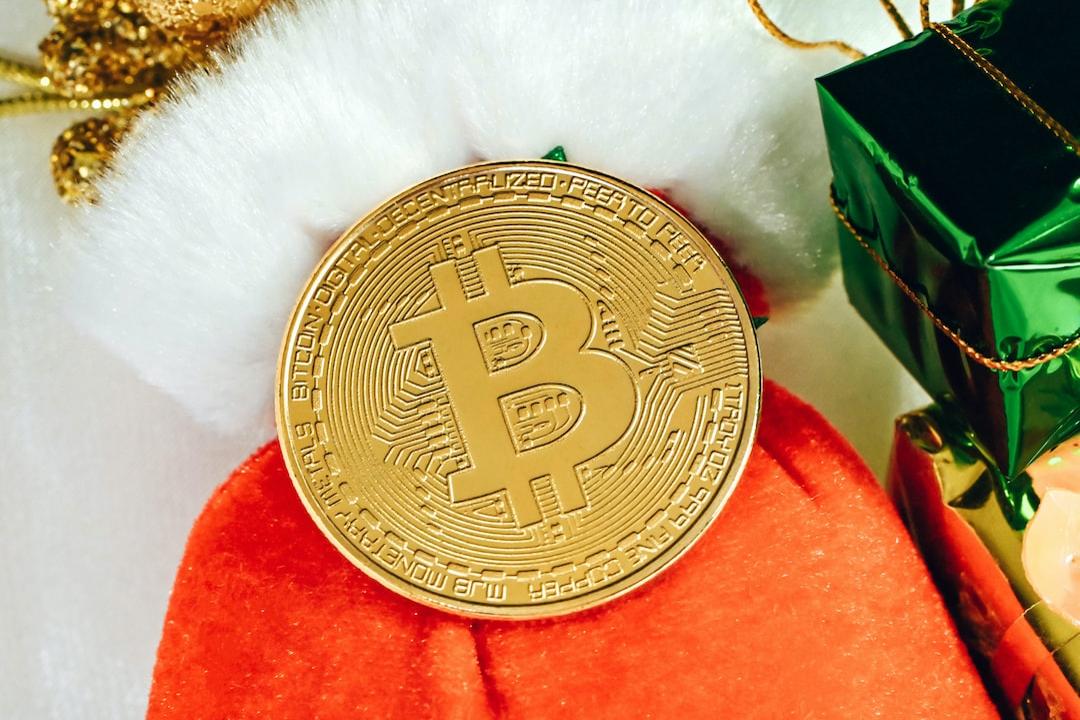Key Point 1:
After the launch of GPT-4o’s image generation feature (especially in the Studio Ghibli style), the number of users doubled within just three weeks, indicating that AI technology has reached a mainstream inflection point.
Key Point 2:
OpenAI CEO Sam Altman hinted that the number of active ChatGPT users may have reached 800 million or 1 billion, although the exact figures are unclear due to differing reports.
Key Point 3:
Imitating artistic styles such as Studio Ghibli may be legal under Japanese copyright law (for non-commercial use), but Altman also mentioned the possibility of establishing a compensation mechanism for artists in the future.
Ghibli-style Images Ignite a Breakthrough!
Artificial Intelligence (AI) technology is moving towards the mainstream. Surprisingly, the trigger point was not the complex applications predicted by scientists or entrepreneurs, but rather images in the style of Japanese animation.
After OpenAI launched a major upgrade to ChatGPT-4o, allowing users to generate images including those in the style of Studio Ghibli (Project Ghibli) about three weeks ago, CEO Sam Altman revealed that its user base had doubled during this period, demonstrating the unprecedented popularity of AI technology.
This surge in growth is primarily driven by the image generation feature, particularly the creation of Ghibli-style images, although this trend has recently seen new memes, such as articulated dolls/art toys in different styles taking the lead in popularity.
User Numbers Double! The Actual Figure is a Mystery: 800 Million or 1 Billion?
Regarding the exact number of current ChatGPT users, Altman provided slightly vague clues during a conversation last Friday with TED host Chris Anderson.
According to Forbes, when Anderson inquired about the user numbers, Altman initially responded, “Last time we said there were 500 million active users weekly, and the growth is very rapid.” Anderson then pressed, “You told me it almost doubled in a few weeks,” to which Altman replied, “I mentioned it privately, but I think…” This exchange suggests that the user count may have reached 1 billion.
However, in the same discussion, Altman noted: “About 10% of the world’s population is now using our system.” If calculated against a global population of 8 billion, this amounts to approximately 800 million users; regardless of whether it’s 800 million or 1 billion, this user scale is quite astonishing, highlighting the extensive influence of ChatGPT.
Eliminating Copyright Risks? OpenAI Considers Revenue Sharing for Specific Image Styles
As the image generation feature becomes more widespread, copyright issues have also come to the forefront. When asked whether he considered compensating artists whose styles are being imitated, Altman stated that there may be opportunities in the future for users’ specific prompts to automatically trigger payments to creators who choose to join the program. He also added that the system has protective mechanisms in place to prevent the generation of copyrighted works.
It is noteworthy that under Article 30-4 of the Japanese Copyright Act, AI developers can use copyrighted material for training purposes without obtaining permission, and under Japanese law, imitating general artistic styles does not constitute infringement.
The boundary lies in: If the generated image is highly similar to specific characters or scenes from Studio Ghibli films, it may constitute infringement; however, transforming one’s own image into a Ghibli-style appearance is generally not considered crossing this boundary, provided it is not for commercial purposes.
Hindering Innovation? Intellectual Property Rights Becoming a Stumbling Block
Given the rapid development of AI, Twitter co-founder Jack Dorsey recently posted on X (formerly Twitter), “Delete all IP laws,” and current owner Elon Musk immediately echoed, “I agree,” sparking intense discussions in the tech circle regarding intellectual property, patents, and copyright.
Delete all IP law
— jack (@jack) April 11, 2025
Dorsey’s and Musk’s positions immediately triggered polarized reactions. For instance, “Hashtag Father” Chris Messina remarked that Dorsey’s statement “makes sense,” suggesting that automated fines or three-strike rules for AI infringement may emerge to replace outdated penalties.
However, others strongly opposed this argument. For example, Ed Newton-Rex of Fairly Trained (a nonprofit aimed at certifying AI training practices that respect creators’ rights) described this exchange as “a full-scale declaration of war by tech executives against creators who do not wish to have their life’s work plundered for profit.”
Writer Lincoln Michel bluntly stated: “Without IP laws, neither Jack nor Musk’s companies would exist,” adding, “They just hate artists.”
This article is a collaborative reprint from: Digital Age
Sources: siliconangle, Forbes, TechChurch

